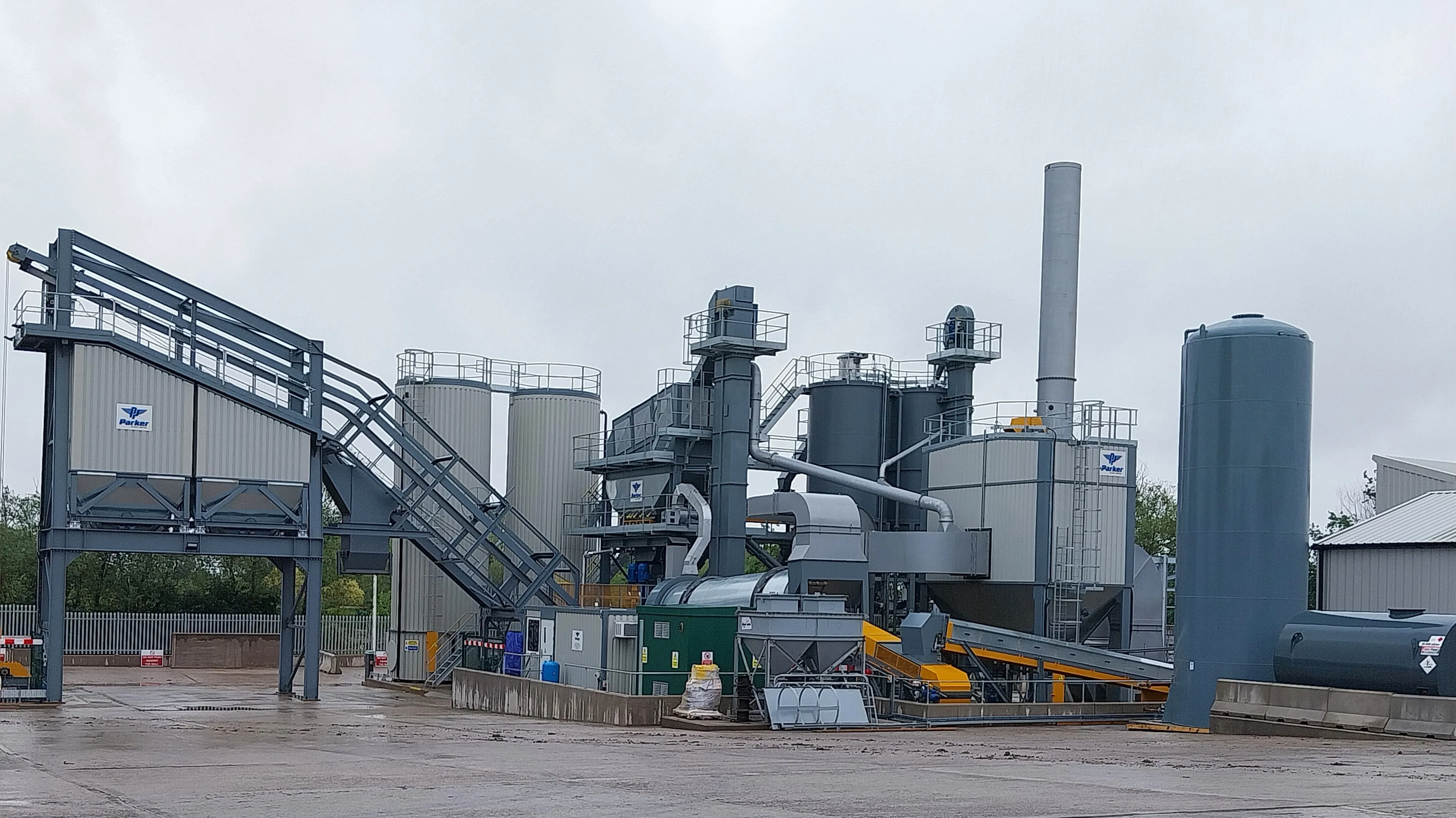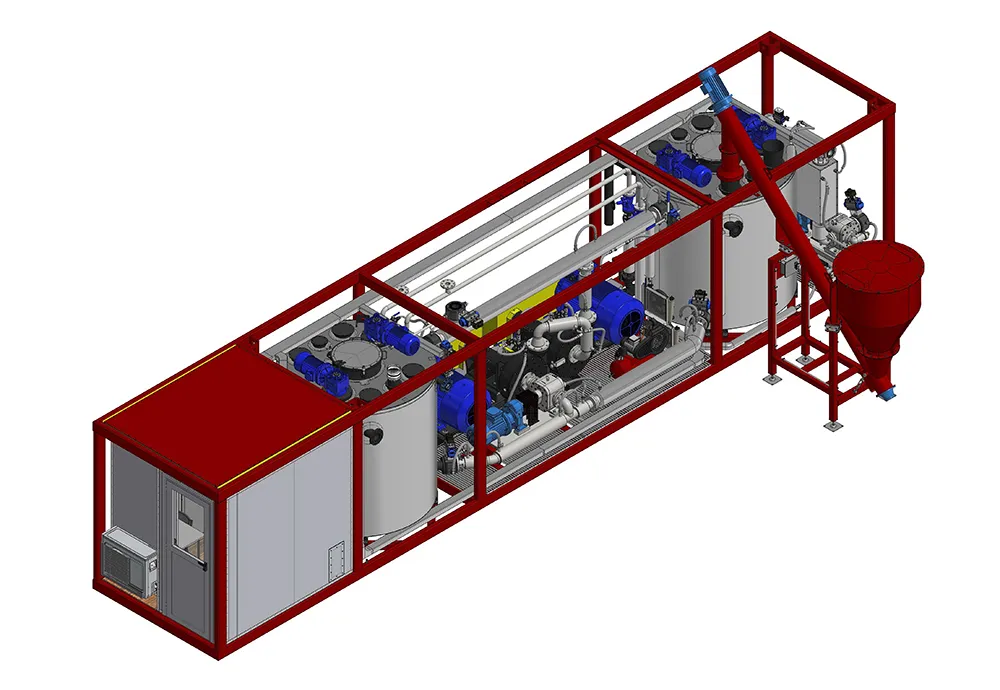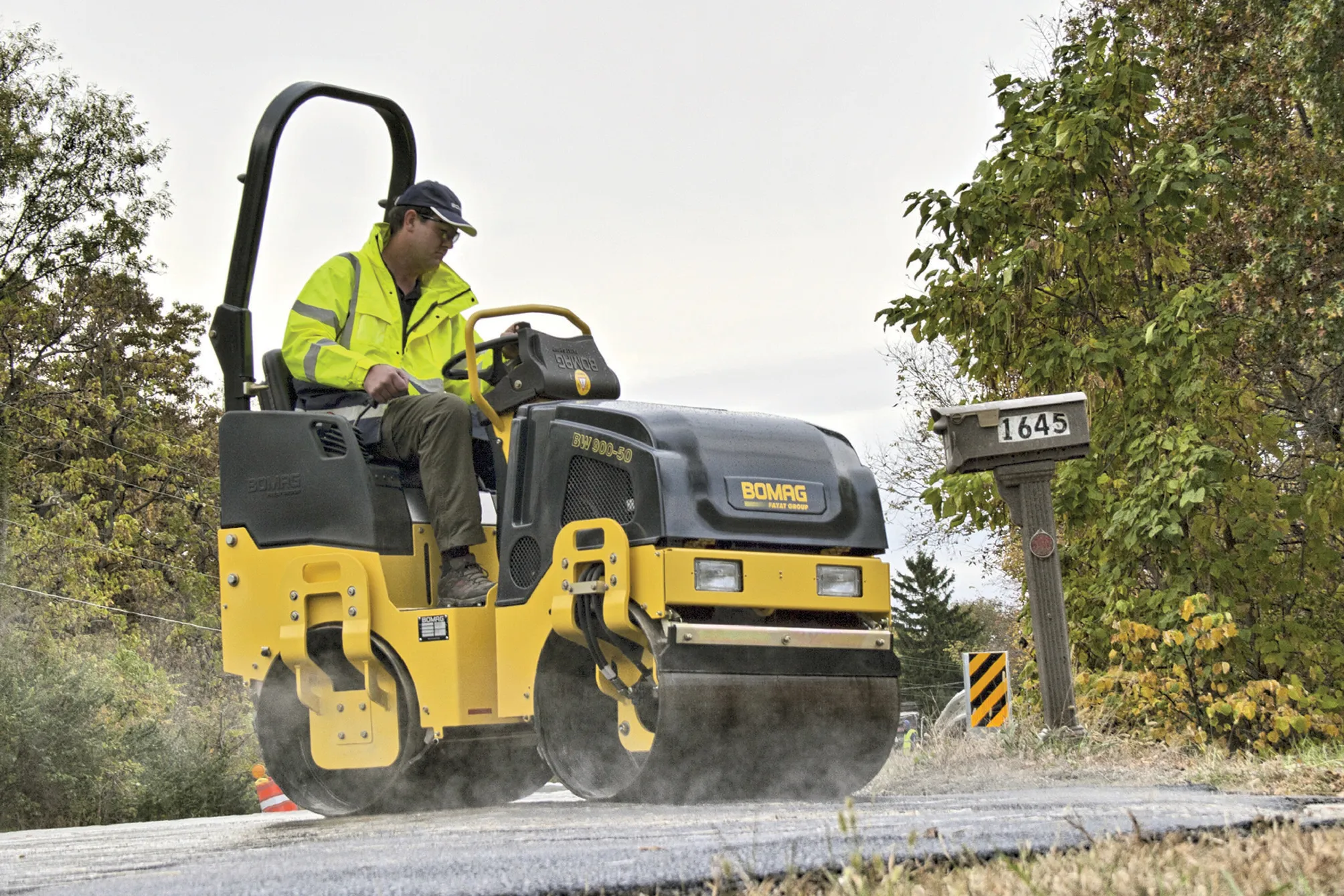
CEMEX is making progress with its investment programme in its UK asphalt operation. This includes the opening of a new plant in Birmingham, as well as developments at several locations to ensure a more efficient and more sustainable operation with smoother product delivery for customers.
The new CEMEX plant, located on Doris Road in Birmingham, will allow the firm to better target this key urban market with its array of asphalt solutions.
Products that will be produced on site include RUBBERMIX ASPHALT (RMA), which incorporates crumb rubber granules taken from used tyres into the mix, helping to offset the environmental impact of highway maintenance activity through the circular economy; and VIALOW, CEMEX’s low temperature, reduced carbon asphalt which comes with the option to offset residual CO2 to make it a CarbonNeutral product, in accordance with The CarbonNeutral Protocol, will also be produced at this new location. Further trials are underway on other more sustainable asphalt products that prioritise circularity.
The new Birmingham site will operate as a local asphalt plant, providing a dedicated service for customers that require small tonnage collections and deliveries, stocking every day essentials such as tools and equipment needed to provide a first class service.
Further investment has been made into the wider Cemex UK asphalt business, with the installation of multiple new bitumen tanks at Cemex’s Stourton, Preston and Dove Holes plants. These tanks have a higher capacity than those previously in place, which will enable an increased production speed, increased mix options, plus a more flexible supply.
Additionally, the new tanks are more energy efficient, helping Cemex to run a more sustainable operation, in line with its dedicated climate action strategy, Future in Action.
This is the latest stage of Cemex’s plan to replace all of the bitumen tanks at its UK asphalt locations with newer, more efficient models.
Scott Jones, Director of Asphalt for Cemex UK, commented: “We are making a considerable investment into our asphalt portfolio with the opening of our new Birmingham location and development programme at our existing sites, but this is indicative of the continued success of our asphalt business and our commitment to this product line. Cemex hopes that these investments will improve the efficiency of our UK asphalt operations and enhance product delivery for customers, while better serving key metro markets.”








